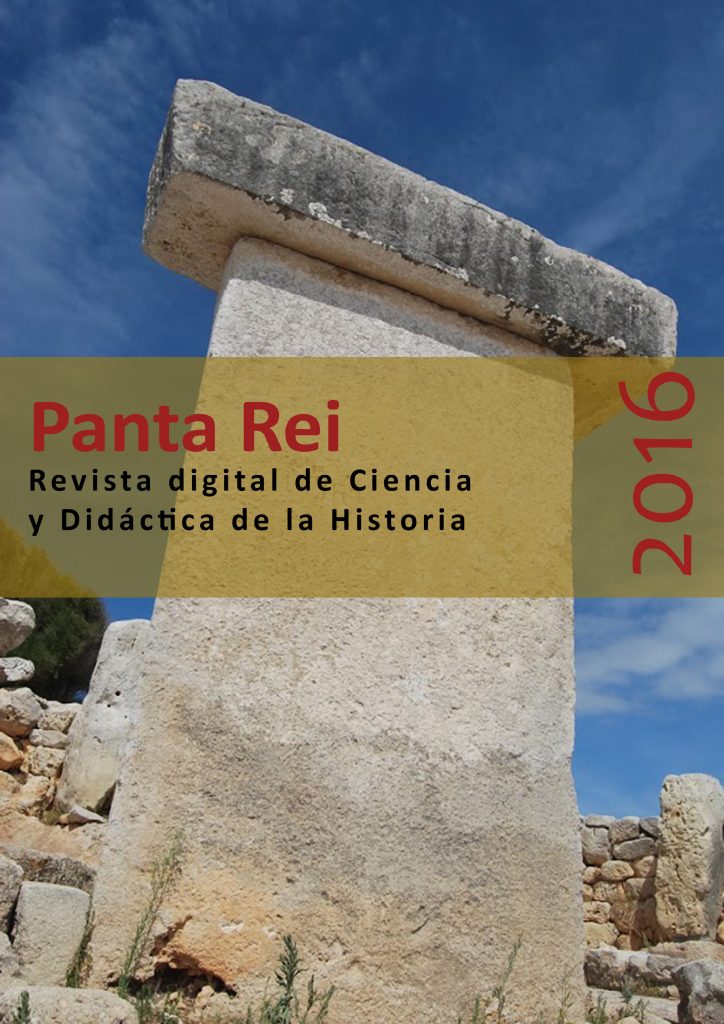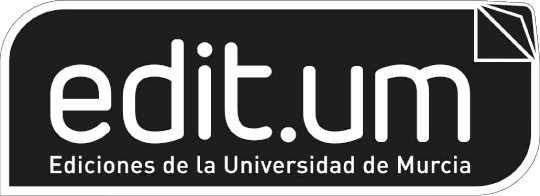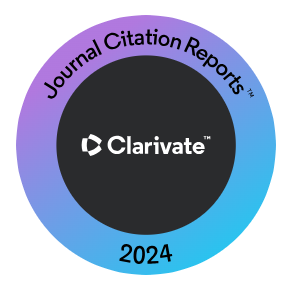I International Congress “Creating citizens, building identities. The use of tangible and intangible heritage in the teaching of history. "
Abstract
These words, which are part of the speech that Professor Dr. D. Joaquim Prats used as Lectio in his investiture as Doctor Honoris Causa of the University of Murcia, served as a closing to the “I International Congress Creating Citizens, Building Identities. The use of tangible and intangible heritage in the teaching of history ”, which took place between April 26 and 29, 2016 at the Faculty of Education of the University of Murcia. The congress was organized by the DICSO research group, belonging to the Department of Didactics of Mathematical and Social Sciences of the Faculty of Education of the University of Murcia, and was endorsed by the research work carried out thanks to the project "Training in regional identity in social sciences from intangible heritage. Didactic applications for Compulsory Secondary Education ”, financed by the Seneca de Murcia Foundation.
Downloads
-
Abstract420
-
PDF (Español (España))188
References
Carretero, M. y Kriger, M. (2004). ¿Forjar patriotas o educar cosmopolitas? El pasado y el presente de la historia escolar en un mundo global. En M. Carretero y J. F. Voss (coord.). Aprender y pensar la Historia (pp. 71-98). Buenos Aires: Amorrortu.
Fontal, O. e Ibañez, A. (2015). Estrategias e instrumentos para la educación patrimonial en España. Educatio Siglo XXI, 33 (1), 15-32.
Pinto, H. y Molina, S. (2015). La educación patrimonial en los currículos de ciencias sociales en España y Portugal. Educatio Siglo XXI, 33 (1), 103-128.
Prats, J. (2016, Abril 29). Combates por la historia de la educación, discurso de investidura como Doctor Honoris Causa del Profesor Doctor D. Joaquim Prats Cuevas [Archivo de vídeo]. Recuperado de http://www.ub.edu/histodidactica/index.php?option=com_content&view=article&id=2 17:combates-por-la-historia-en-educacion&catid=31&Itemid=101
Copyright (c) 2020 José Díaz Serrano, Ainoa Escribano Miralles, Ana Isabel Ponce Gea, David Verdú González

This work is licensed under a Creative Commons Attribution-ShareAlike 4.0 International License.
All the contents published in this journal are subject to an Attribution-ShareAlike 4.0 International (CC BY-SA 4.0) Creative Commons License. You are free to: Share — copy and redistribute the material in any medium or format, Adapt — remix, transform, and build upon the material, for any purpose, even commercially. Under the following terms:
Attribution — You must give appropriate credit, provide a link to the license, and indicate if changes were made. You may do so in any reasonable manner, but not in any way that suggests the licensor endorses you or your use.
ShareAlike — If you remix, transform, or build upon the material, you must distribute your contributions under the same license as the original.
Full text of the license is available in: Creative Commons License 












